Posted: November 26th, 2015
A recent study commissioned by the European Commission’s Directorate-General for Education and Culture found that SMEs with a consistent language strategy increased their sales turnover by up to 25%.
 What is a ‘language strategy’? Well it can be defined as ‘the planned adoption of a range of measures to facilitate effective communication with clients and suppliers abroad.’
What is a ‘language strategy’? Well it can be defined as ‘the planned adoption of a range of measures to facilitate effective communication with clients and suppliers abroad.’
‘Attending Industry specific events abroad may leave you at a disadvantage when your competitors have their documentation translated…’
Many of us rely on our foreign cousins understanding English, and we may feel the cost of translation to be an added burden we do not want to shell out for. Imagine yourself at an event, you know you have a great product, you know you have great customer services and a great team of people behind you. Then you find yourself faced with your competitor’s stand, they have all their information in the target language…
Generally those on the continent do have a great understanding of English, but of course they will be naturally drawn toward publications in their own mother tongue. People will always take the path of least resistance, and so no matter how good your Company, here you will be losing out immediately.
The report listed a number of measures, which if planned for and implemented in advance, would help facilitate a company’s entry or expansion in a new foreign market where there are language or cultural barriers.
One such language strategy measure included the use of a professional translation company who have knowledge of the foreign market, professional translators and professional indemnity insurance. If this is adopted in the beginning would be able to assist with four of the report’s recommend language strategy measures:
- Creation of websites with special cultural and/or linguistic adaptations
- Translation of promotional, sales and technical materials
- Language training and cultural briefings
- Product or packaging adaptation in line with local tastes and customs
An important fact raised in the report was that those SMEs who had lost contracts in the past because of language and cultural barriers learned from their communication problems and realised how crucial having a language strategy was for their exporting success.
Other findings in the report revealed that those companies with a language strategy were able to place a value on it and measure its impact.
By introducing a foreign language strategies:
43% of companies reported to have increased their turnover by more than 25%
30% put the increase in terms of trade at 16-25% of turnover.
73% of companies said sales turnover had increased by a minimum of 16%.
These are great statistics!
Translation may not be the huge expense you imagine it to be, and there are many cost saving Translations Tools around which will work for your publication now, and into the future.
See ‘Translation Memory’ under ‘Our Services’ on our website for more information, or please contact myself, Ann Elphick T: (0) 1785 255067 or E: translations@fls-ltd.com
Posted: November 24th, 2015
If you are looking to expand into new foreign markets, you will undoubtedly need to have a number of different documents translated at some point. The obvious documentation would be: brochures, user guides, maintenance manuals and contracts.
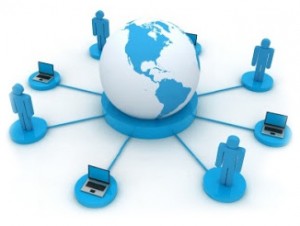 So the question is, are you best using an in-house translator or a professional translation Company? Both have their advantages and disadvantages and so it is important to make an informed choice to ensure you make the best decision for your business.
So the question is, are you best using an in-house translator or a professional translation Company? Both have their advantages and disadvantages and so it is important to make an informed choice to ensure you make the best decision for your business.
Points to consider when employing an in-house translator
Employing an in-house translator to work in the same premises is convenient and there at your fingertips when ever you need it. You will need to have sufficient office space and be confident that you will have enough regular work to justify a monthly salary as opposed to paying a per word fee.
There could be benefits of being able to have a translator collaborate with other employees and departments, especially if you have other in-house departments such as marketing and design.
Managing translation internally is sometimes difficult to scale as the business grows, which could lead to deadlines being missed and quality suffering. It is important to consider that testing products and services in new markets with new languages may not be possible without using an outsourced translator.
An in-house translator might cost effective when there are large amounts of translation work, but these days translation is not just taking a document and translating it, there is now science, tools and method to it. Anyone translating must use translation Memory Tools to make the most of already translated documentation and utilising it for the future.
Points to consider when using a professional translation company
Using a professional translation company is less risky, requires less upfront investment and is much more flexible. Using professional mother tongue translators guarantees the highest translation quality and a faster output with the flexibility to be able to have a document translated in any language.
Good translation agencies guarantee their work and use cutting-edge technology such as Translation memory Tools to ensure consistency with language term bases, whilst driving down cost via less words to translate and almost automated laying out of text (no more tedious cutting & pasting!!).
Using an outsourced translator might mean a slightly higher rate, but if your translation needs are on an ad-hoc basis you will find that you save money by only paying for the services you require, when you require them. The technology behind translation now also means translation is no longer a luxury, it is a reality for anyone wanting to export their products.
Outsourcing your translation work will ultimately ensure that you have access to the right mother tongue translator with relevant industry experience. It will also ensure that a translator is available when you need them. You’ll never have to wait for your translator to come back from annual leave or worry that they don’t have enough work to be cost effective.
Conclusion…
In-house provides maximum control while outsourced offers maximum flexibility and opens doors to cost saving technologies. Whether you are looking for an in-house linguist or outsourcing to a Translation Company, it is imperative you think of these issues:
- Are they using translation memory tools?
- The databases resulting from this translation memory – who owns it?
- Will the company/individual deliver to you the translation memory database with every new translation (tmx)?
- Do they carry professional indemnity insurance?
- Always ask for references from previous clients, as in any Industry there are ‘cowboys’ out there…
About Foreign Language Services
We translate anything and everything from large operating and maintenance manuals to letters and business cards.
Our clients say they choose us over others because we use the very best mother tongue and industry specialist translators in conjunction with cutting-edge technology to achieve:
> A highly cost effective service
> Fast and guaranteed turnaround times
> A high consistency of terms
> A localised translation to take into account cultural differences
> 100% accuracy in any language combination
> The peace of mind and trust in the fantastic customer service we offer.
To ensure your international trading isn’t getting lost in translation, contact us on +44 (0) 1785 255067 or email translations@fls-ltd.com for a free consultation or non obligation quotation.
Posted: November 20th, 2015
4 key communication principles for successful international trade
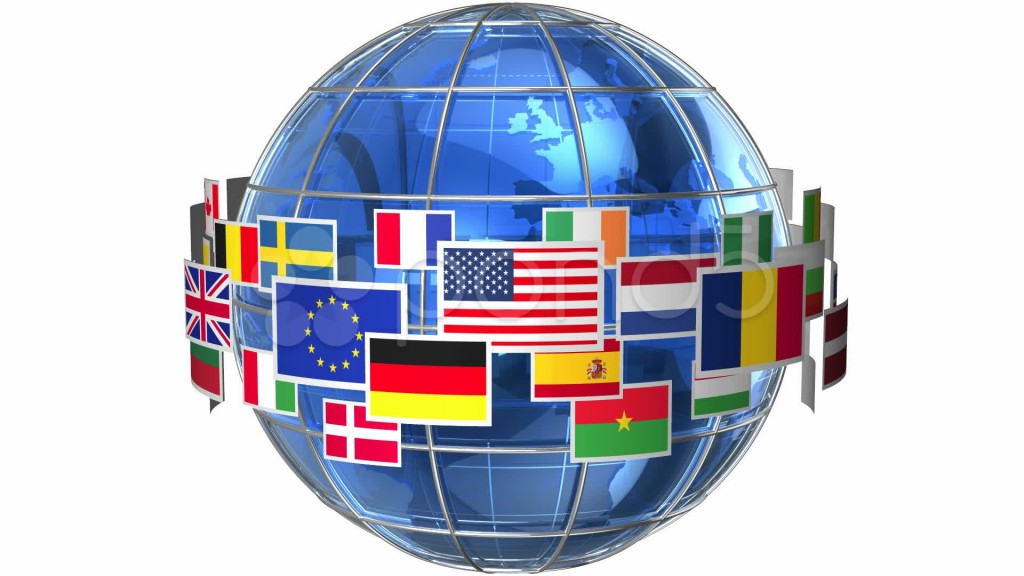
A new report published by Regus, a provider of flexible workspaces, shows that UK firms trading internationally are two fifths more likely to increase profits than those sticking to the domestic market.
Many of the traditional barriers to foreign market entry are now surmountable, however above implementing careful and considered research with exact planning and budgeting, the recipe for international success can differ between companies, sectors and products being exported.
That said there are some key principles that if followed can put you on a sure footing to being successful.
1. Ensure your website works in each target language
A study by Royal Mail has found that 65 per cent of small to medium sized businesses with an online presence and export goods are confident of growing sales in 2013.
Clearly the Internet can act as an international high street for your business with your website being the shop front. However, having a successful website relies on much more than simply translating the content into each target language. Applying a process of localisation to your website will addresses local language, dialects, customs, cultures and regulations, which if not adopted will remain as a significant obstacle. Some common elements that differ between countries and should be tackled during website localisation can include imagery, colours, symbols, time/date formats and social norms.
Key word research in each target language also needs to be addressed to ensure your website is listed highly in search engines for the correct key words by applying search engine optimisation methods in each language. Simply translating English terms is not enough to ensure you are capturing the key words used locally.
2. Achieve consistent translations
Having inconsistent terminology throughout a single document or through multiple different documents can cause confusion and look unprofessional, which can give rise to doubts over your product and company.
Translating brochures, operating manuals and other literature requires a mother-tongue translator who understands the subject matter and in conjunction with Computer Aided Translation, software which highlights repetition within a document and applies a selected standardised term, will help ensure you achieve a consistent translation with all current and future document translations.
3. Don’t underestimate the importance of face-to-face meetings
Research carried out by KPMG has found that successful businesses trading internationally unlock the market through their personal relationships.
While technology has made it far easier and quicker to communicate internationally many emerging markets still value face-to-face interaction. Although video conferencing calls provide an aspect of face-to-face contact, this technology isn’t a substitute for meeting in person. Undoubtedly being at a meeting in person to pickup on body language and using an interpreter to communicate in the target language can play a vital part in concluding a successful meeting.
4. Obtain help in removing the language barrier
There are plenty of companies and organisations out there that can provide relevant services and advice to help UK companies export into new foreign markets. Organisations such as UK Trade & Investment and, on a regional level, the Midlands World Trade Forum both have advisers who can provide information and UK Trade & Investment help organise foreign business trips.
Translation, interpretation and localisation companies like Foreign Language Services can assist with getting your website, marketing materials, manuals and all your documentation translated professionally and correctly by considering localisation, cultural factors, how the documentation will convert into other languages and by ensuring the target language documentation is well designed and looks professional.
Posted: November 18th, 2015
Due to a number of technological advances in communications and logistics, entering new foreign markets is now easier than ever before, and this ever-expanding global marketplace is proving to be very tempting for many UK companies. However, in each new market the perception of a company’s product or service will be influenced by local language,dialects, customs, cultures 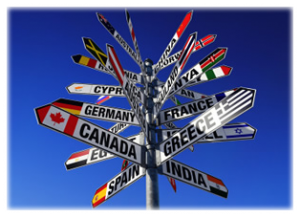 and regulations, which if not addressed will remain as a significant obstacle for those companies wanting to expand into new foreign markets.
and regulations, which if not addressed will remain as a significant obstacle for those companies wanting to expand into new foreign markets.
It is the process of ‘Localisation’ which addresses these barriers by modifying all associated written materials to account for linguistic and cultural differences. The objective of localisation is to make the translation as natural and transparent as possible, as if the document was originally written in the target language.
Some common elements that differ greatly between countries and should be addressed during localisation can include:
- Time and date formats
- Time zone
- Keyboard usage
- Number formatting
- Currency conversion
- Paper size
- Units of measurement
- Colours
- Symbols
- Images
- Names and titles
- Regulatory compliance
- Culture/value systems
- Social norms
Translation with localisation services are critical for success as, although barriers to international trade have reduced and with their being many global brands, the world market place still remains diverse with many important differences. A quality Translation Company should have expertise in dozens of languages and dialects, familiarity with the cultures, laws and regulations of key markets around the world, use state of-the-art translation tools and technology, have a network of mother-tongue translators who are specialists within their fields, have disciplined management procedures designed to continuously improve quality and have extensive experience in serving the needs of global companies.
If your current Translation Company doesn’t have all of these qualities then contact Ann Elphick: +44 (0) 1785 255067 or email ann.elphick@fls-ltd.com for a free no obligation consultation or itemised document translation quotation. Technical Translation, Document translation, Commercial translation, French, German. Spanish, Italian, Dutch
Posted: November 16th, 2015
Assuming you are aware of the technology know as Translation Memory, the next question to ask yourself is: Am I in full control of this valuable data?
When your translation provider completed all you translations, have you considered who owns the translation database that is generated?
Translation memory is now standard practice across the professional translation industry.
How does it work?
Put simply, Translation Memory Tools (also known at Computer Aided Translation or ‘CAT’) which finds repetition in your documents translating sentences once only, saves you money instantly. Then for your next publication, this collected data can be utilised so that any same sentences that match your first translation a reused, which can make vast cost savings.
 These translation memories are locked away in databases. But who owns these databases? Many Translation providers see Translation Memory Databases as being intellectual data, which means you do not own it, and these databases will not be provided to you.
These translation memories are locked away in databases. But who owns these databases? Many Translation providers see Translation Memory Databases as being intellectual data, which means you do not own it, and these databases will not be provided to you.
Why would this effect you? If the current translation provider will not give you databases, this means if you ever decide to get a comparative quote from a different translation provider, they can never compete! Because the company who has the data has a very clear advantage, and no other company can ever give you a quotation on a level playing field. In effect, you are being tied in.
At Foreign Language Services we believe in giving our clients full control of the data – which after all, you have paid for!
We understand that no one likes to be tied in, and why would you want to tie a client in? The only answer of course is to secure the work, and be able to charge what ever prices you like.
‘A client should stay with you because you have gained a great partnership based on trust, transparency and fair trading – this ethical approach is at the very heart of our business’
It is worth asking yourself a simple question: “do I own the translation memory database at the end of the project at no further cost?”
If you would like more information on the services that Foreign Language Services provide and translation memory please do not hesitate to contact us:
T:+44 (0)1785 255067 or E: translations@fls-ltd.com
Posted: November 12th, 2015
Foreign Language Services are pleased to announce that they have launched a Machine Translation service for their larger clients and prospective customers. Not to be confused with readily available generic free machine translation you may find on the internet, intelligent machine translation is a very big leap beyond this…
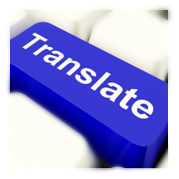 Ann Elphick, Owner at Foreign Language Services, commented:
Ann Elphick, Owner at Foreign Language Services, commented:
“It is a service that is not suited to everyone – we realise that. However, bigger customers who have a large requirement for translation and they have existing ‘Translation Memory Databases’ could benefit significantly from this enhanced capability. Essentially we are taking their translation memory databases to create a translation engine dedicated and tailor made to their own style, tailor made for their business. This enables a first pass translation via the engine followed with human post edit. Not only can this drastically reduce the time taken to translate, but you can be looking at around a 30 to 40% reduction on human quality translations”.
It is an important feature of our company, that we are forward thinking, always at the forefront of cutting edge technologies, yet an independent company that listen’s to the need of every client. Every client is treated as an individual, creating a feeling of mutual partnership.
To enquire about machine translation for your business do not hesitate to contact Foreign Language Services: T: +44 (0)1785 255067 or E: translations@fls-ltd.com.
Posted: November 11th, 2015
What if your translation agency owned the legal rights to the translations, adaptations and localisation changes made to your translated document?
The fact is, many Translation Companies do own the Language Database and this has a number of important implications.
 For those not in the know, Language Databases resulting from translations completed within a Translation Memory Tool, contain translated sentences and client specific terms, which are produced from Documents and Manuals, translated by an agency or translator.
For those not in the know, Language Databases resulting from translations completed within a Translation Memory Tool, contain translated sentences and client specific terms, which are produced from Documents and Manuals, translated by an agency or translator.
Translation software then recognises repeated sentences within documents, so each time a sentence is repeated it is automatically locks all but one away, instantly saving you money on less words to translate. Beyond this, each new project also creates a dual language database, which can be used against your next publications. If in your next publication, there are sentences which were translated in a previous translation, the software will automatically pick up the already translated sentence, and re-use it within you new documentation. Again, this cuts down the amount of words needing translation and saves you time and money.
Many translators and translation providers include a legal clause within their terms and conditions so that the language databases created automatically becomes their intellectual property.
This means the translator or agency will own the rights to the Language Databases from work you have paid for. They can do this because the Language Databases are a derivative from the services instructed and paid for by the client.
If you are unsure whether your Translation Company owns the Language Databases, then you should review the agreement you signed. If it states that you own no property or copyright on the translations, then you will probably not have any rights on the Language Databases.
Some agreements may also include a clause that prohibits the use of any Language Databases for any other purposes than for your translation work. However, if such a clause isn’t included then your Language Databases could potentially be bought, sold and licensed as there is value in technical translation terms and specialist glossaries – This is something further that you should check your agreement for.
Translation Databases have a number of advantages for the agency and the client. We’ve established that the more a translation agency translates, the more the customer should save in translation costs, but not only is the translation agency saving on translation, it also makes short work of previously heavily hands-on Desktop Publishing in many cases saving around 70% on DTP time too.
In addition to the cost savings Language Databases also reduce turnaround times and improves consistency.
Why is it important for you to own the Intellectual Property to the Language Databases?
To answer that question perhaps consider what it would mean if a client decided to switch translation agencies and couldn’t take their Language Databases with them?
They would lose all of the cost efficiencies and the consistency of terms built up over time with each translation project.
Cleary keeping the IP over the Language Databases creates a barrier to a client’s freedom to change translation agencies, essentially tying them in to staying with the current agency.
Our clients remain the sole owner of the Language Databases and we will never sublet the data or use it with other clients. As rule, we deliver the Language Databases at no extra cost to our clients as part of our service, something we have done for many years.
‘A good translation agency should be able to keep their clients because of the quality of service provided, fair pricing and for being trustworthy’
If you would like further information or advice, please contact us on: T: +44 (0) 1785 255067 or E: translations@fls-ltd.com.
Posted: November 11th, 2015
Foreign Language Services are pleased to announce the formal launch of their new website.
Proprietor Ann Elphick commented:
“It has taken some thought and hard work but we have now got our new website up and running! It should give customers old and new alike a better idea of the services that they can obtain from Foreign Language Services together with the value for money offering aligned with excellent customer service levels and unparalleled quality”
 The new website is live at www.fls-ltd.com
The new website is live at www.fls-ltd.com
“Not only will you continue to benefit from our usual great service, you may also be interested to read up about our great leap forward into Intelligent Machine Translation Technology, tailor-made for customers with large translation requirements”
“Should customers and would be clients have any comments and feedback I would love to hear from them”
If you would like further information or advice, please contact us on: T: +44 (0) 1785 255067 or E: translations@fls-ltd.com.
 What is a ‘language strategy’? Well it can be defined as ‘the planned adoption of a range of measures to facilitate effective communication with clients and suppliers abroad.’
What is a ‘language strategy’? Well it can be defined as ‘the planned adoption of a range of measures to facilitate effective communication with clients and suppliers abroad.’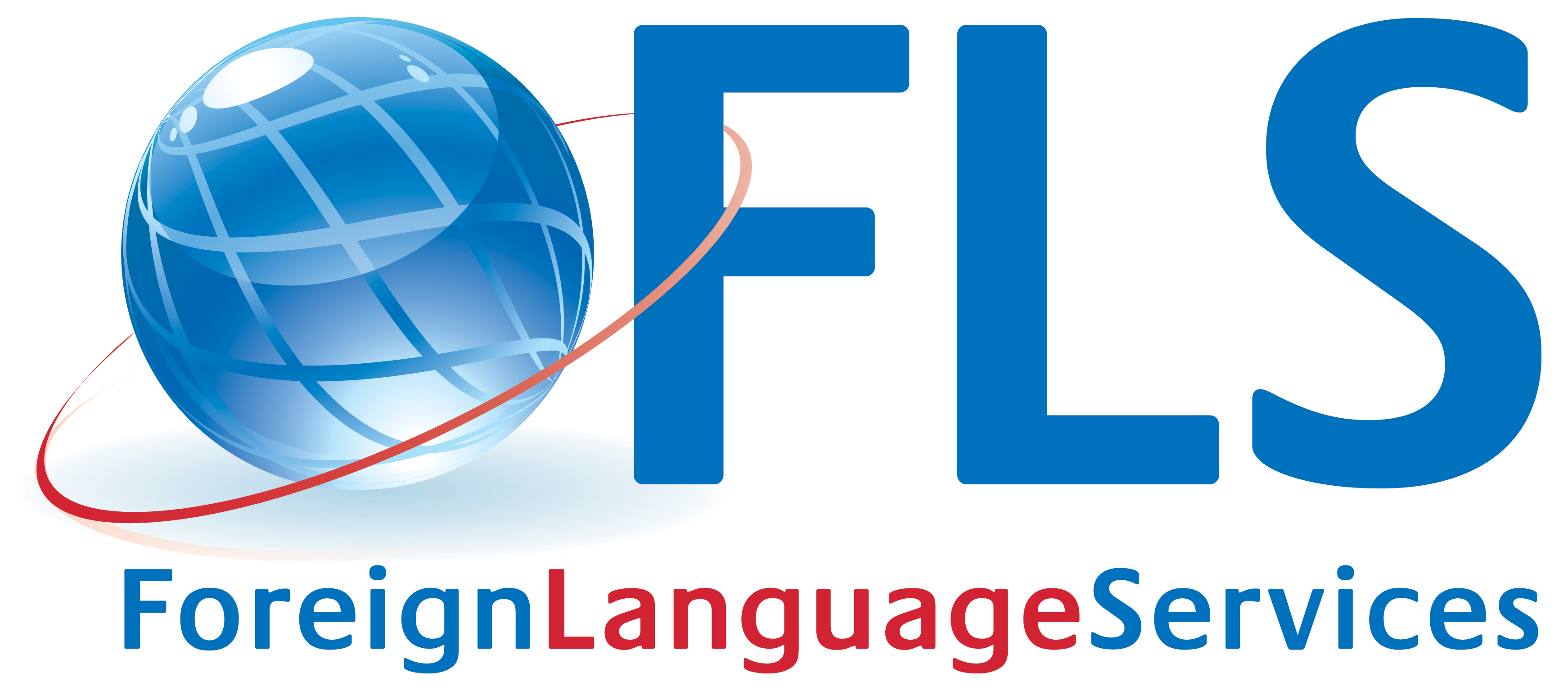
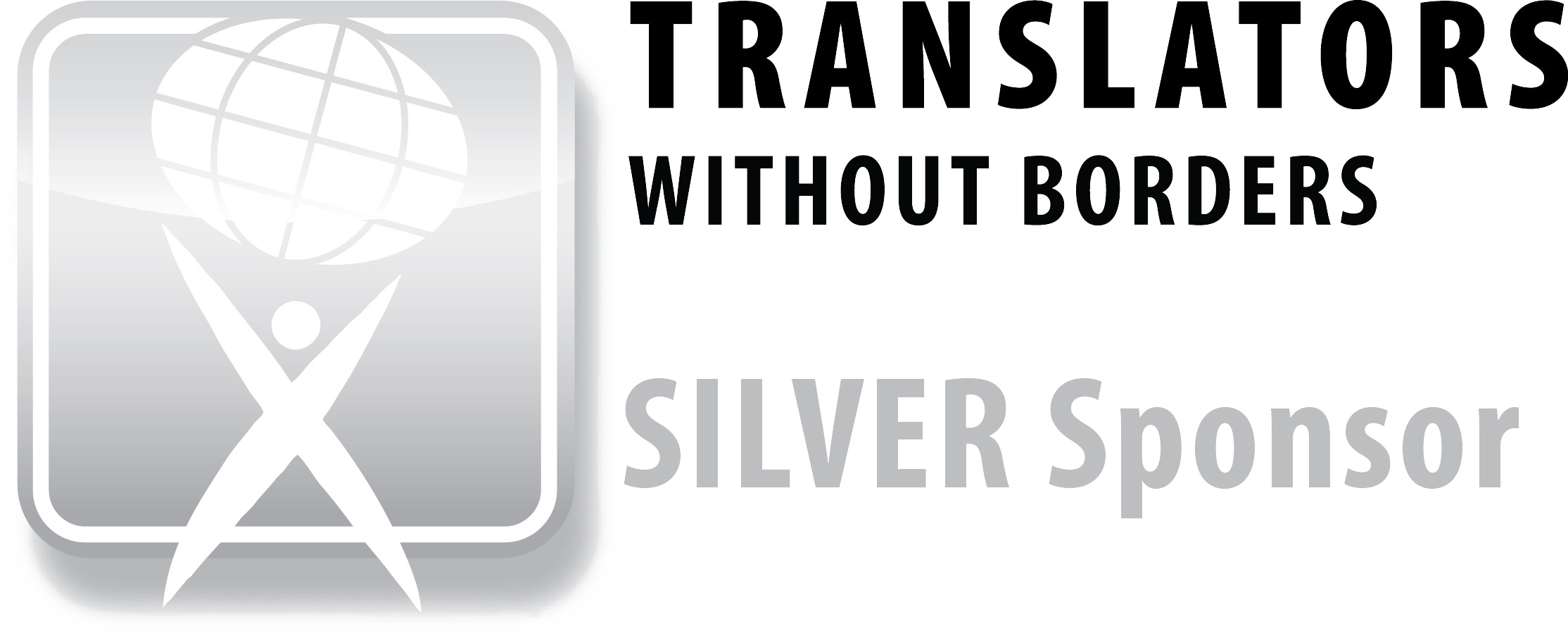



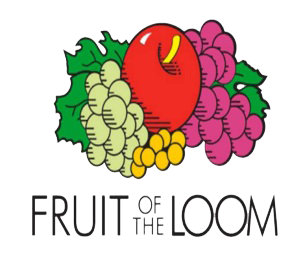
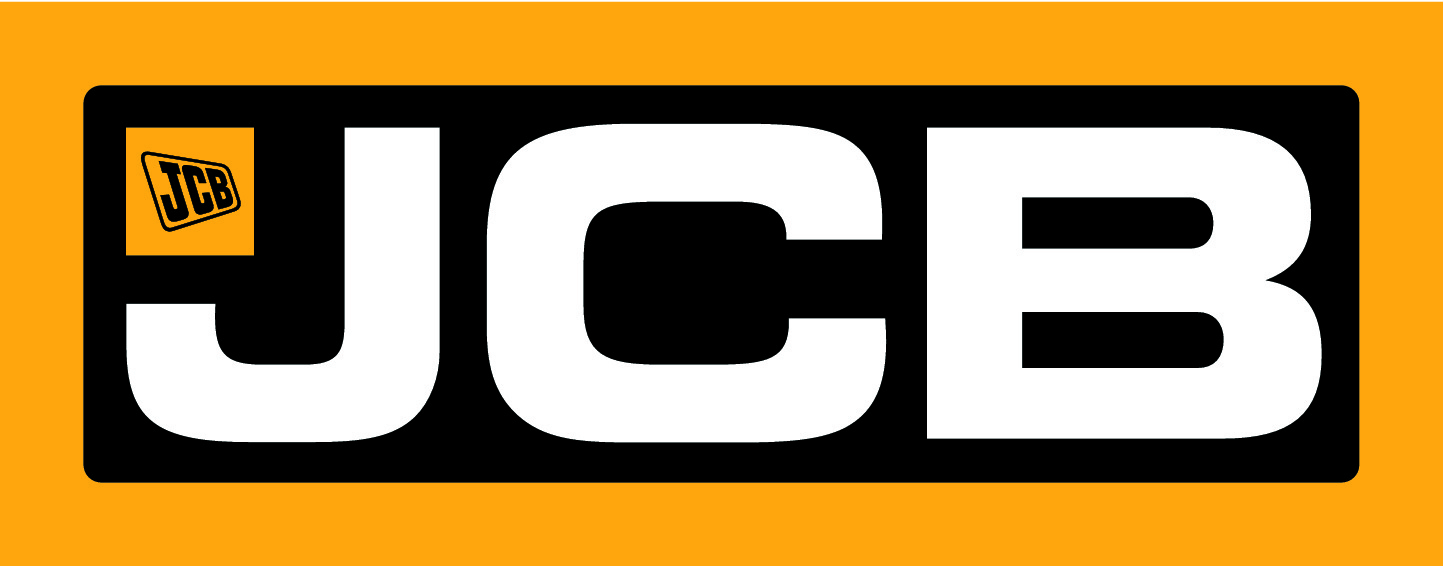






 For those not in the know, Language Databases resulting from translations completed within a Translation Memory Tool, contain translated sentences and client specific terms, which are produced from Documents and Manuals, translated by an agency or translator.
For those not in the know, Language Databases resulting from translations completed within a Translation Memory Tool, contain translated sentences and client specific terms, which are produced from Documents and Manuals, translated by an agency or translator.